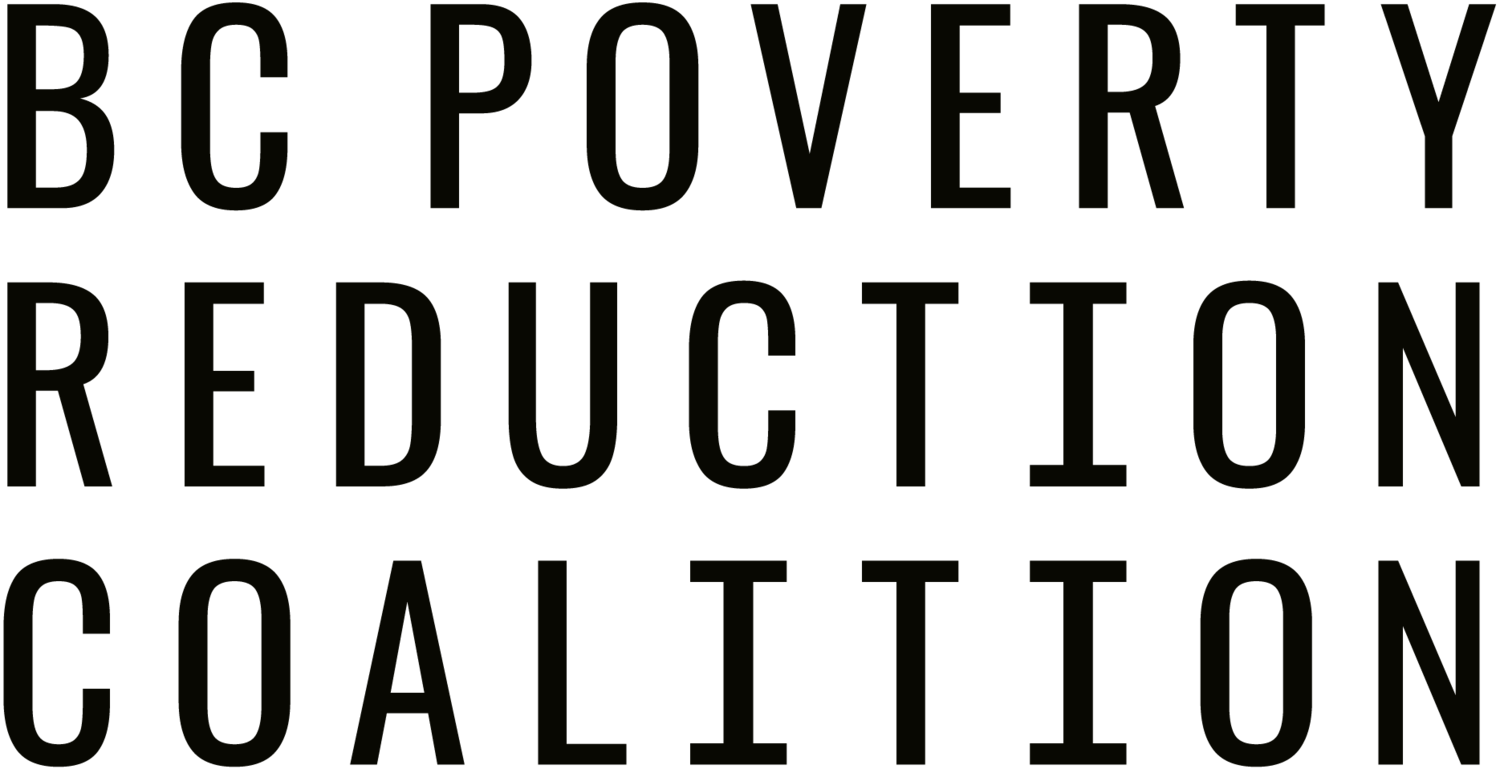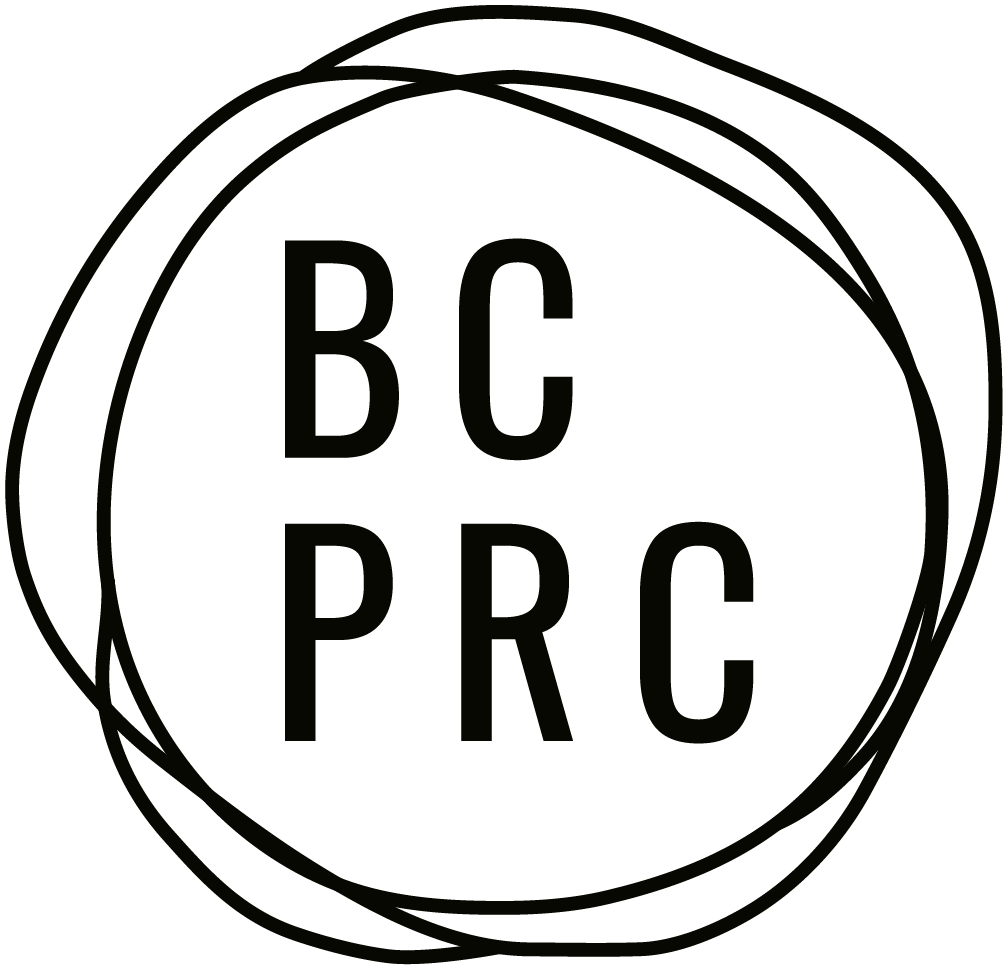The Sinking Floor of Social Assistance Clawbacks in British Columbia
Unceded xʷməθkʷəy̓ əm (Musqueam), Swx̱ wú7mesh (Squamish), and səlil̓ilw̓ ətaʔɬ (Tsleil-Waututh) Territories
September 2024
Collabortatively written by the BC Poverty Reduction Coalition and Exchange Inner City teams
The affordability and housing crises in BC have had major impacts on us all - but for those experiencing the deepest levels of poverty, the impacts are severe. Social assistance rates are dismally low, and the way income assistance is designed and implemented traps folks in a cycle that keeps them in poverty across generations.
Initially envisioned as a short-term safety net, social assistance programs in BC have become a tangled mess for those looking to return to work, or who hope to find pathways off of assistance. One policy in particular is the source of considerable harm: income clawbacks.
For single people who are considered employable in British Columbia, the maximum amount of earned income they can receive from paid work while receiving social assistance is $600 a month. This threshold extends for single people and families with children to $900 a month. Past these points, social assistance benefits are reclaimed dollar for dollar. This policy is informally known as a clawback, and it creates a maximum income possible for folks which is well below the poverty line.
The current clawback structure leaves thousands of people in British Columbia who could transition from social assistance and return to either part- or full-time work dependent on assistance to make ends meet.
Clawbacks of earned income perpetuate poverty and undermine the purpose of social assistance, keeping people in deep levels of poverty with no pathway out.
Those looking to shift from social assistance to paid work often face a shortfall in those first transitory months. When people take steps to solidify their financial independence by getting a job, clawbacks keep them from making the money they need to get a solid foothold outside of assistance. When earned income is clawed back, people must resort to social assistance payments as their primary and most reliable source of income.
Further, for those with children, parents risk losing key health benefits, school supplies, support, and other essential needs when exiting assistance. This disincentivizes work and penalizes those who take steps to expand their earning options. The 2023 Child Poverty Report Card for BC states that “low welfare rates are condemning tens of thousands of children and youth in BC to poverty” and that those living in lone-parent households are hardest hit. Families that are struggling to make ends meet are deeply impacted by the archaic policies of low rates and clawbacks.
Low-wage, gig workers, and other precarious workers may struggle to meet the increase in hours needed to fill the income gap. The clawbacks also force people into grey economies like sex work or vending, as they need income that won’t be clawed back to make ends meet or to choose other sources of income that force them into unsafe working conditions.
In a recent forum held by Exchange Inner City's Resident Advisory Council discussing these challenges, one assistance recipient laid out the situation as a “no-win” scenario that impacts more than just their bank balance. By attempting to work full-time, people receiving social assistance payments risk losing access to subsidized housing or approval for low-market rentals, pushing them further into precarity. With average market rent cresting $2,200 for a one-bedroom apartment in much of the province, the instability of clawbacks disincentivizes employment in favour of maintaining access to stable housing.
As long as the current clawback policy remains in place, people receiving social assistance will be disincentivized to work and face barriers to setting down roots in the community of their choice.
The solution is simple: reform the clawback policy and raise the rates. People on social assistance deserve reliable access to essential goods like food, medication, and shelter.
The rates have not increased over time at the pace of inflation. Tying the rates to inflation – which the new Poverty Reduction Plan for BC nods to as something to explore – would ensure that people would have basics like increased food security, school supplies, and shelter. Eligibility criteria for access to social assistance already exclude people earning a decent income from receiving social assistance. But with the rates and clawback policy as they are, many are kept from ever having the chance of a decent income.

